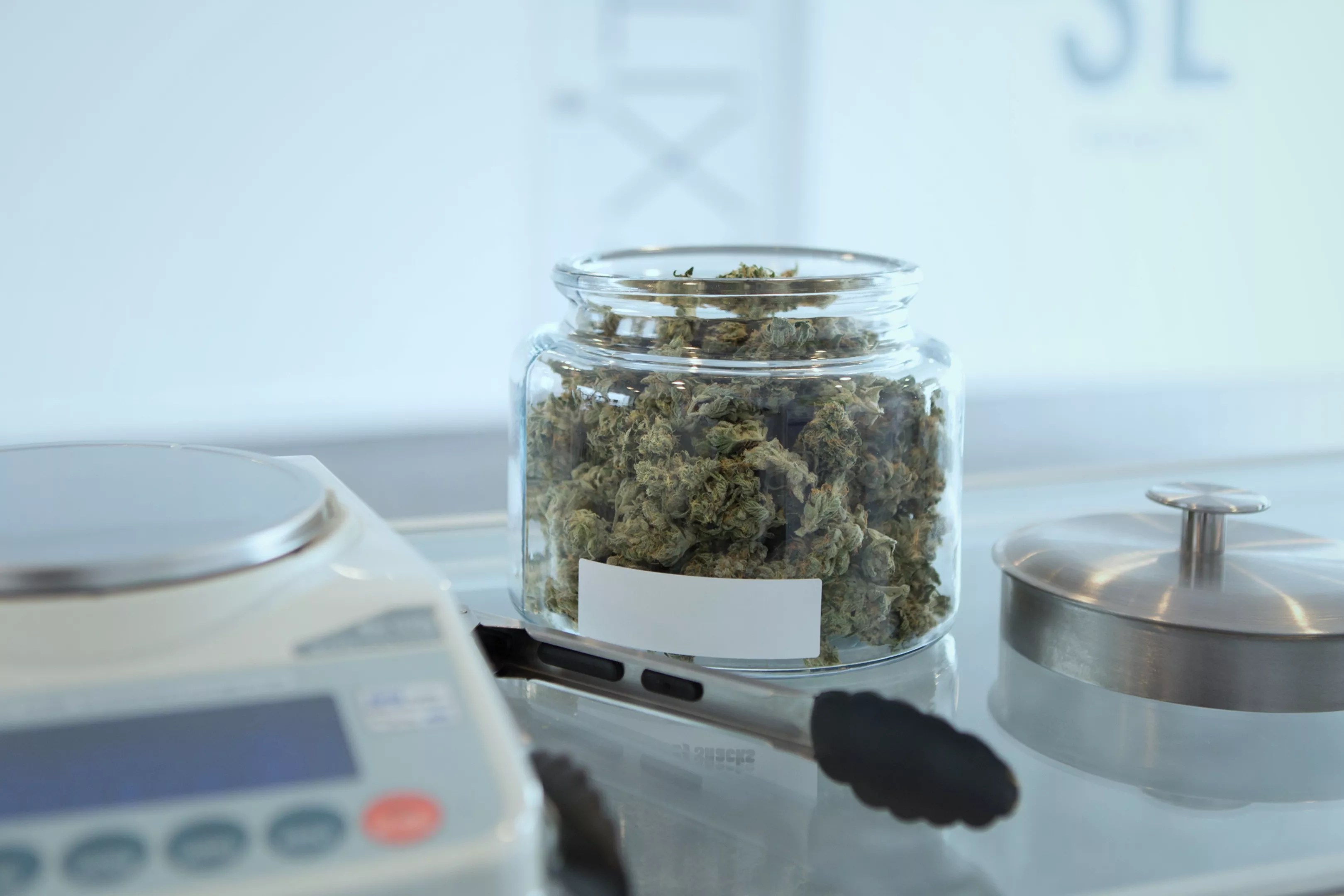

Audio By Carbonatix
Jeffrey Donnelly was a 22-year-old college student when he was arrested on a felony charge for possessing a two-inch-tall marijuana plant in 1997 – an arrest that is still affecting his life today.
The 45-year-old Florida native says the tiny plant was growing out of a coffee cup on his back porch when Brevard County sheriff’s deputies came across it while dealing with his roommate for an unrelated matter.
“The plant would have never lived,” Donnelly says. “I was a college kid and didn’t know what I was doing.”
But almost 25 years later, the conviction for cultivation – a third-degree felony – still prevents him from easily finding housing or employment, even though cannabis is now legal in medicinal and/or recreational form in a majority of states.
A newly elected state lawmaker hopes to change that dynamic for Floridians with certain low-level marijuana convictions. Florida Rep. Travaris McCurdy, a first-year legislator representing a predominantly Black area in Orange County, has introduced a new bill that would expunge minor cannabis convictions.
“I’m 36 years old, I’m a Black man, I’m a lifelong Floridian, so I know plenty of people that have been locked up and taken to jail,” McCurdy tells New Times. “And when you talk about that red tape and how hard it is to bounce back, whether you try to be an entrepreneur or get a certain job, these things come back to haunt you, even if they happened ten, 15, or 20 years ago.”
Since taking office, McCurdy has been busy filing legislation to address racial disparities in the criminal-justice system, including a bill to reduce police militarization and another to increase hiring standards for law enforcement. The expungement bill is just another measure to make things more equitable – McCurdy says even minor pot arrests can affect people, especially people of color, for decades.
“Criminalizing the possession of small amounts of marijuana – we know historically that it disproportionately harms Black and brown people, people that look like me,” he says.
Donnelly, who is white, says he managed to find employment as an actor because casting directors didn’t ask about his criminal history in auditions. Over the years, he has been featured in more than 50 national commercials for companies including Vitaminwater, Gillette, Dick’s Sporting Goods, and T-Mobile, but the work has been far from steady. A few years ago, he went back to college to become a nurse but was told he would never be accepted into nursing school because of his conviction, even after completing two years of prerequisite courses.
He tried to find work in the medical industry but when he applied at an urgent-care center, he was denied because of the cannabis conviction.
“Ironically, I had a doctor prescribe me medical marijuana because of the stress I was going through. So I can go into a dispensary to buy it, but I cannot get a job because of it,” he says.
Donnelly says McCurdy’s bill doesn’t go far enough because it only affects people arrested for 20 grams of marijuana or less – about three-quarters of an ounce. Even if the bill did apply to nonviolent cannabis felonies, Donnelly says, it probably would still not make that much of a difference if marijuana remains illegal at the federal level.
Mark Printz is another Floridian waiting for the federal government to remove cannabis as a Schedule I controlled substance in the hopes of finally having his record expunged. Printz served almost five years in prison after he was arrested for growing more than 300 plants in 1994 in what he calls a “victimless crime.”
“It needs to be done federally because the problem is, no matter what the state laws are, it is still illegal under federal law,” he says.
Printz, who was featured in a 1996 New Times article, says the only work he has been able to find is with moving companies or telemarketing companies.
“I’m a smart guy. I went to college. I got the gift of the gab. I can sell. But nobody wants to hire anybody who’s done five years – it doesn’t matter what it was for,” he says.
Some say this could be the year the federal government finally decriminalizes cannabis. The Democrats, who have promised action on the issue, recently took over the House, the Senate, and the White House for the first time in a decade. And U.S. Senate Majority Leader Chuck Schumer said he is working on a bill that would “federally de-schedule marijuana, reinvest tax revenue into communities most impacted by the drug war, and fund efforts to expunge prior cannabis records,” according to the cannabis news blog Marijuana Moment.